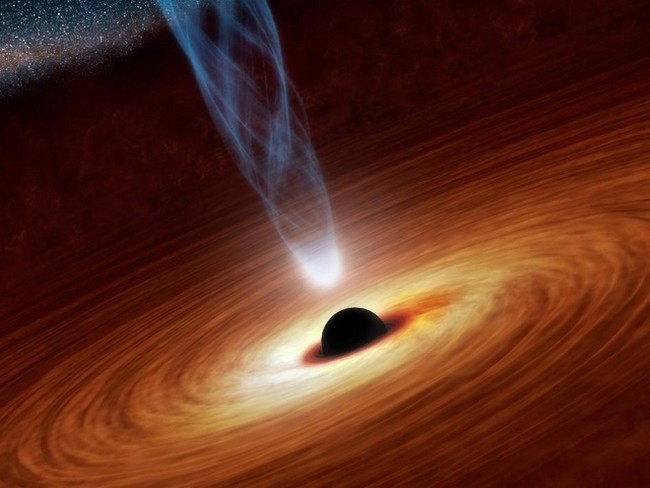Europe has allocated $ 19 million to prove the existence of a supermassive black hole in the center of the Galaxy

Despite the fact that in the world, it seems, there are no people left who would not hear about the black hole in the center of our galaxy, the existence of this object has not yet been proved. The theory tells us that the black hole mentioned must be supermassive, and its mass should be approximately four million times the mass of the Sun. Of course, it is impossible to obtain an image of such an object, due to a number of physical laws, so scientists plan to prove the existence of a black hole in the center of the galaxy in a different way.
So, the BlackHoleCam project, for the implementation of which the European Research Council has already allocated $ 19 million, involves the study of the event horizon of a black hole.
Wikipedia tells usthat “The Event Horizon is an imaginary boundary in space-time that separates those events (points of space-time) that can be connected with events at the light-like (isotropic) infinity by light-like geodesic lines (trajectories of light rays) and those events that connect this way not allowed. Since there are usually two light-like infinities in a given space-time: relating to the past and the future, there can be two event horizons: the event horizon of the past and the horizon of future events. It’s simplistic to say that the event horizon of the past divides events into those that can be influenced from infinity, and which cannot be; and the horizon of events of the future separates events about which one can learn something, at least in an infinitely distant future, from events about which nothing can be learned. This is due to
So, in our galaxy the event horizon can be detected due to the "dark" shadow on the bright pulses of radio waves that are formed when a substance enters a black hole. All this is supposed to be studied thanks to a system of radio telescopes, according to a method called VLBI (Very Long Baseline Interferometry).
The project team will collaborate with American colleagues from the Event Horizon Telescope project.
Via theverge
